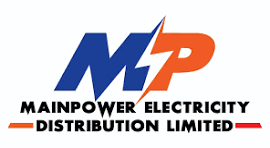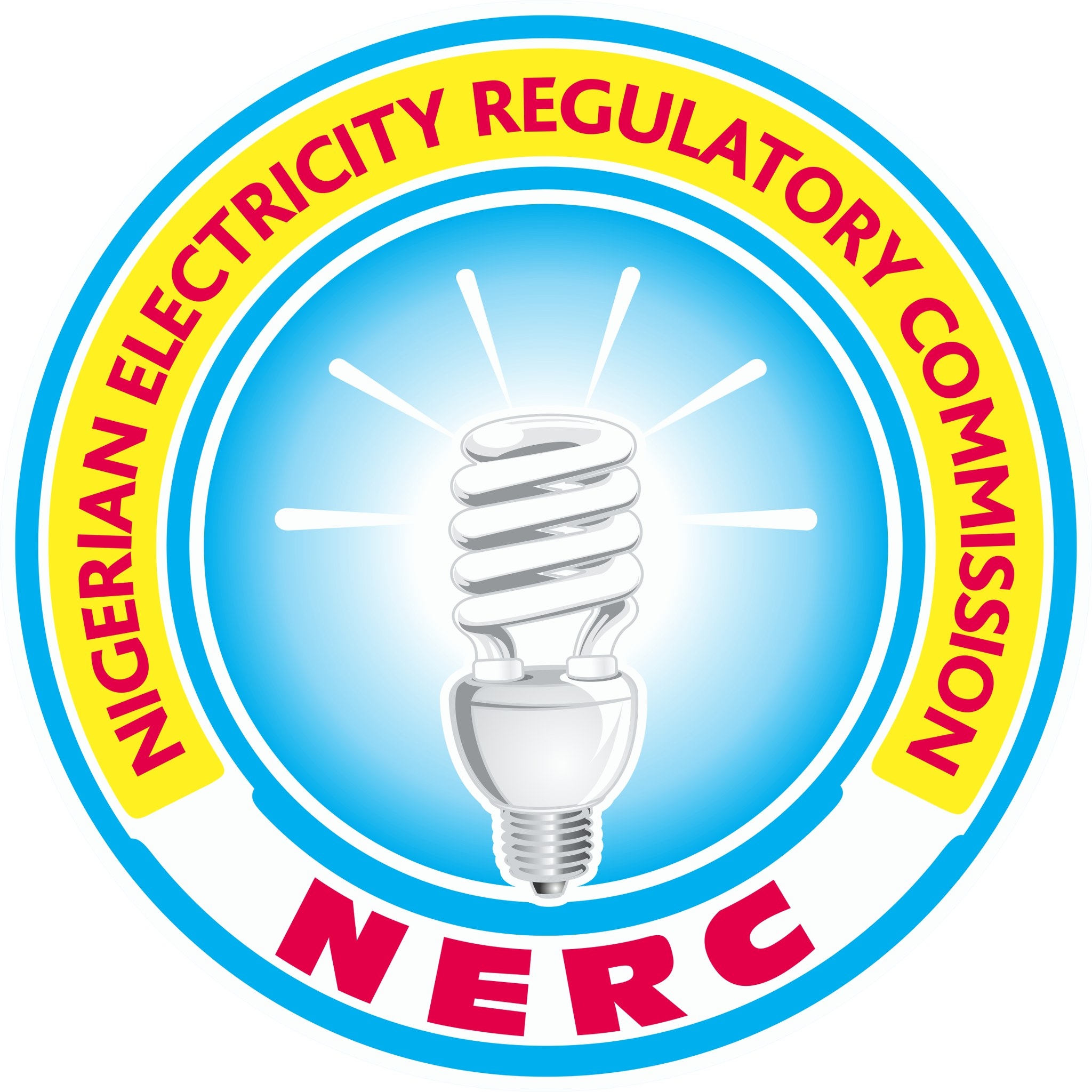Mainpower gives Reason for power outage in Parts of Enugu State

Mainpower Electricity Distribution Company Limited (MEDL) informed its esteemed customers in parts of Enugu State who have been experiencing power outage over the past four days that the situation is due to a significant drop in Energy allocation from the parent company, Enugu Electricity Distribution Company Plc (EEDC)

The management of Mainpower said the development was due to the recent issuance of a new Tariff Order to Mainpower by the Enugu Electricity Regulatory Commission (EERC). Stated that the order reduced the tariff for Band A customers from ₦209.50/kwh to ₦160.40/kwh.
Upon receipt of the Tariff Order, MEDL, by obligation, promptly updated EEDC (our energy supplier). After analyzing the implications of the new tariff, EEDC concluded that implementing it would result in a monthly loss of over ₦1 billion, which makes it impossible for EEDC to meet her obligations to the market.
Consequently, and to mitigate these losses, EEDC made the difficult decision to reduce the volume of energy supplied to MEDL. This has unfortunately resulted in MEDL receiving only about 50% of its usual energy allocation, significantly affecting our ability to serve some of our esteemed customers.
It is important to clarify that MEDL does not receive electricity directly from National Grid. Instead, we rely solely on EEDC, which holds the vesting contract agreement with the Nigerian Bulk Electricity Trading (NBET), the organization responsible for electricity bulk trading.
We deeply regret the inconvenience this situation has caused our valued customers. Please be assured that discussions are ongoing with key stakeholders at the state and federal levels (including EEDC, EERC, NERC, NISO, and NBET) to quickly resolve this issue. We are hopeful that a resolution will be reached within the next 48 hours or soon thereafter.

We also acknowledge that this communication is coming later than expected. The delay was due to the short notice with which we received the full details of the development.
We appeal for your continue patience, calm and understanding as we work diligently with the relevant authorities to restore normal service as soon as possible.
What Does this mean for Stakeholders?
1 For Customers (Consumers in Enugu and other States
• While reduction of tariff for Band A customers in Enugu by about 24% is a welcome development, if the tariff doesn’t cover the costs of electricity as argued by Mainpower, it will lead to service disruptions and blackout.
• This is what is currently playing based on the public notice issued by Mainpower about the inability of its power supplier, Enugu Disco, to supply electricity at a cost below market price.
• Customer must brace up and find alternative energy sources until the issues are resolved and it is hoped that this is done very quickly.
2. For State Regulators (EERC & Other States Considering Tariff Reforms)
• While Enugu State is wielding the powers granted by the Electricity Act 2023 and the Enugu State Electricity Law 2023, triggering wider state-level regulatory assertiveness, it must also be cautious in order not to cause market disruptions.
• Following Enugu’s reduction of Band A tariffs for customers, market stakeholders including NERC, Minister of Power and ANED issued Statements calling for collaboration and warning that tariffs must reflect federal wholesale prices to avoid market destabilization.
• The issuance of Tariff Orders without proper alignment with market prices is bound to trigger market reaction as we are witnessing in the reduction of energy by up to 50% to Enugu State.
• Reliance on Federal government subsidy alone will not help. The situation may be better served if Enugu State is also willing to compliment FGN subsidy regime by providing a subsidy pool of its own. It is doubtful if the State is able to cushion the subsidy implication of tariff reduction to Band A customers in view of other critical sector within the State that require funding.

3. For Policy Makers (Federal Government & NERC)
• Enugu’s attempt at tariff setting is a call to action on the need for stakeholder’s collaboration in the interest of all market participants and consumers.
• The Federal Government is currently exposed to a subsidy burden of over N3 trillion and this figure is growing on a monthly basis. This is why it has warned that if States insist on deviating from federal tariffs, they must fund the resultant shortfalls.
• Some have argued that States need to generate their own power to be able to regulate the tariffs associated from such power plants after factoring the costs of transmission and distribution. Without this, there must be alignment with the current market structures for power.
In all, the need for collaboration, alignment and continuous engagement cannot be over-emphasised.






